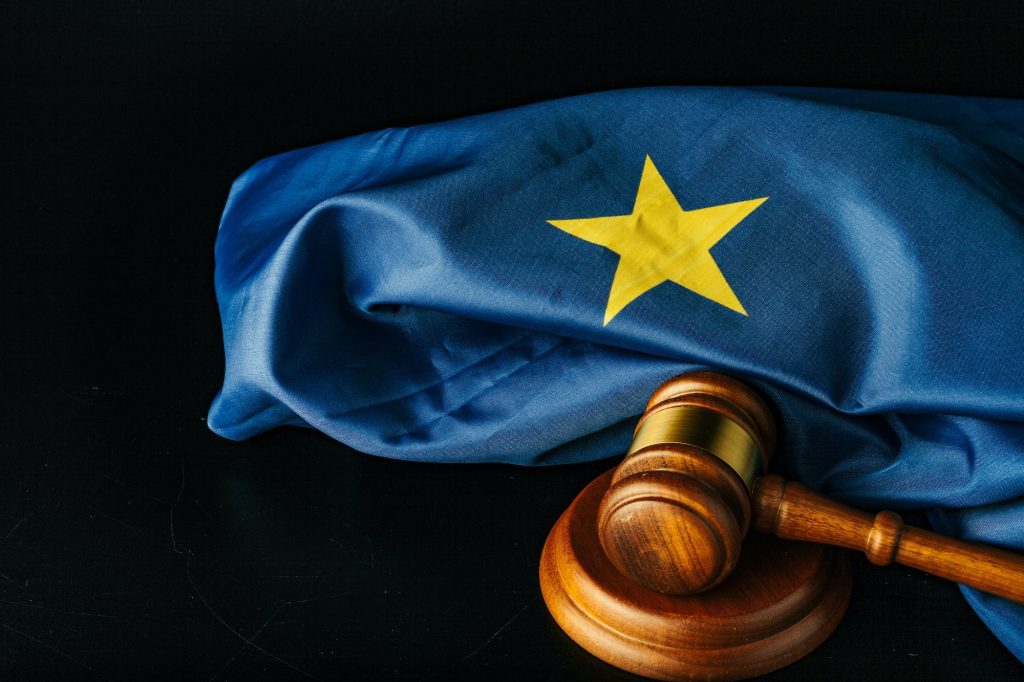The EU investigates Apple, Alphabet, and Meta under the DMA
Apple and Alphabet are being examined for potentially favouring their app stores, while Meta is being investigated for using personal data for advertising without obtaining user consent. Non-compliance with the DMA could result in substantial fines of up to 10% of a company’s global turnover.

Under the Digital Markets Act (DMA) law addressing Big Tech’s market dominance, the EU has initiated investigations into major tech companies, including Apple, Alphabet (Google’s parent company), and Meta (formerly Facebook).
The DMA legislation is designed to regulate digital gatekeepers and ensure fair competition in online markets. The probes focus on whether Apple and Alphabet are unfairly promoting their app stores and if Meta’s use of personal data for advertising complies with the regulations. If found guilty of non-compliance, these companies could face substantial fines of up to 10% of their global turnover.
Margrethe Vestager, the EU’s executive vice president for digital policy, emphasised the seriousness of the cases, stating that they exemplify the DMA’s objective of enhancing consumer choice. Despite attempts at resolving issues through discussions, the investigations were deemed necessary due to ongoing concerns regarding restrictions imposed by Apple and Alphabet on developers’ ability to promote alternative services.
The probes also scrutinise Google’s search results, particularly regarding services like Google Shopping and Google Flights, to assess whether fair and non-discriminatory treatment is provided to third-party services. Additionally, the investigation into Apple examines whether the company fulfils its obligations regarding app uninstallation and user control over default settings on iOS devices. Meta’s new subscription model, which requires user consent for data usage, is also under scrutiny.
The EU Commissioner Thierry Breton expressed doubts about the tech companies’ compliance with the DMA, suggesting that further changes are needed to create a fairer digital environment for European citizens and businesses. While the investigations are expected to conclude within a year, the companies maintain their commitment to compliance and constructive engagement with the European Commission. However, industry observers warn of potential politicisation of the compliance process, urging caution in handling these investigations.

